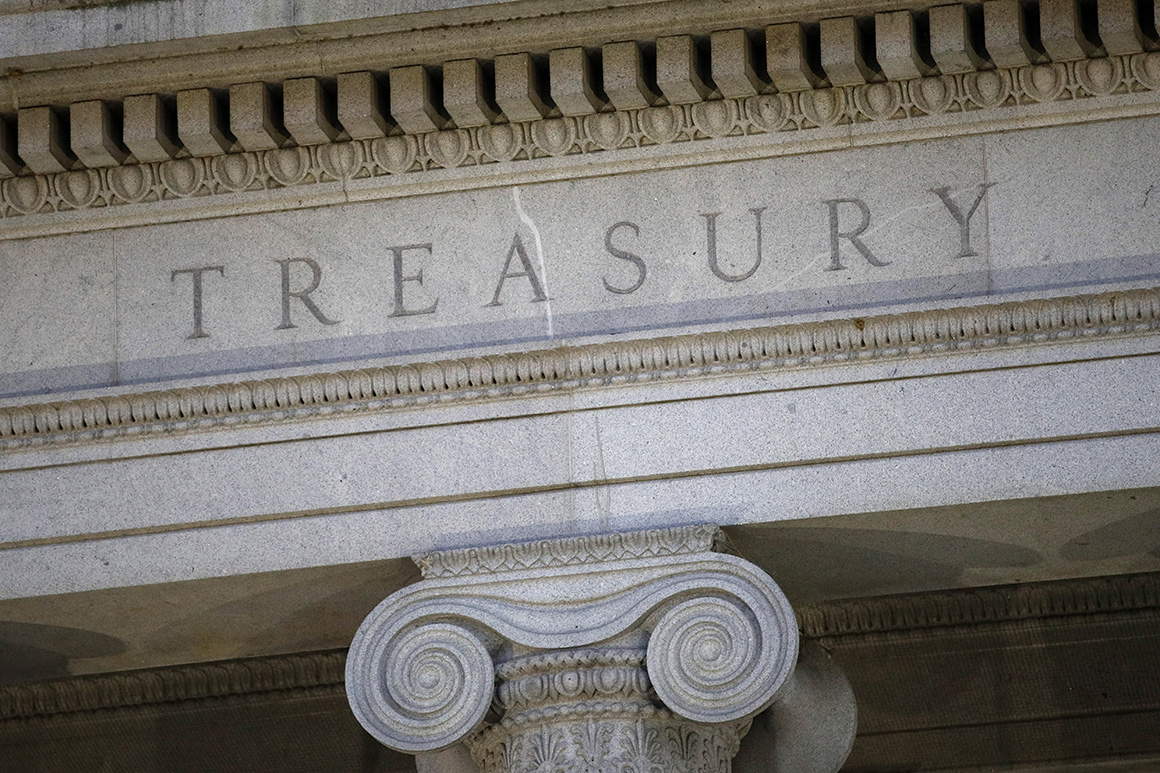-
12-10-2022
The largest player in the U.S. Treasury market

From Japanese pension and life insurers to foreign governments and U.S. commercial banks, most have now left as they lined up for U.S. government debt. Then there’s the Federal Reserve, which in recent weeks has boosted its plan to remove Treasuries from its balance sheet to $60 billion a month.
If one or both sources of these ongoing demands are generally warranted, the impact, while significant, may be little cause for concern. But for each of them, the withdrawal is an indisputable concern, especially given the unprecedented volatility, deteriorating cash and weak bids in recent months. Market watchers believe that such a rise will eventually have to set the bill for higher borrowing costs.
Asian government bonds fell again on Tuesday. The 30-year Treasury yield rose 9 points to 3.94%, its highest level since 2014, while the 10-year yield rose 7 points to 3.95%.
To be sure, many have predicted the course of the U.S. Treasury market over the past decade, and only buyers (and central banks) will attack and support the market. Of course, if the Fed abandons its policy bias and some bet on a brief rally in Treasuries last week, that could be just the beginning. Analysts and investors say inflation is the fastest in decades, hampering the ability for officials to ease policy in the short term, which could now have a big impact. Tokyo’s huge pensions are also frozen out of the bond market. U.S. 10-year record yields are well below zero, and buyers pay to smooth out currency fluctuations from their returns, even as margin rates jump by more than 4%. Defense spending rose in tandem with the dollar, which has risen more than 25 percent against the yen this year, the most since 1972. As the Fed continues to push rates to resist. Japan’s inflation topped 8 percent in September, intervening to prop up its currency for the first time since 1998, raising expectations the country may start selling its inventories for a further boost. And it’s not just Japan. Countries around the world have been reducing foreign exchange reserves in recent months to protect their currencies from a rising dollar, according to the International Monetary Fund. Inventories in emerging markets have fallen by $300 billion this year, meaning demand has been constrained. It’s best to get around 60% or more of your reserves from non-prudent investors. This is used to invest in dollars. Citigroup is concerned that foreign central bank cuts could limit recent volatility, including the possibility of a so-called risk shock, as sudden market losses force investors to slash jobs. Focus on inflation data today, US PPI data, then CPI tomorrow this week.
All clients can sell at 11150 at Nas 100 stock index price
Set stop loss at 11350
Set profit at 10750



